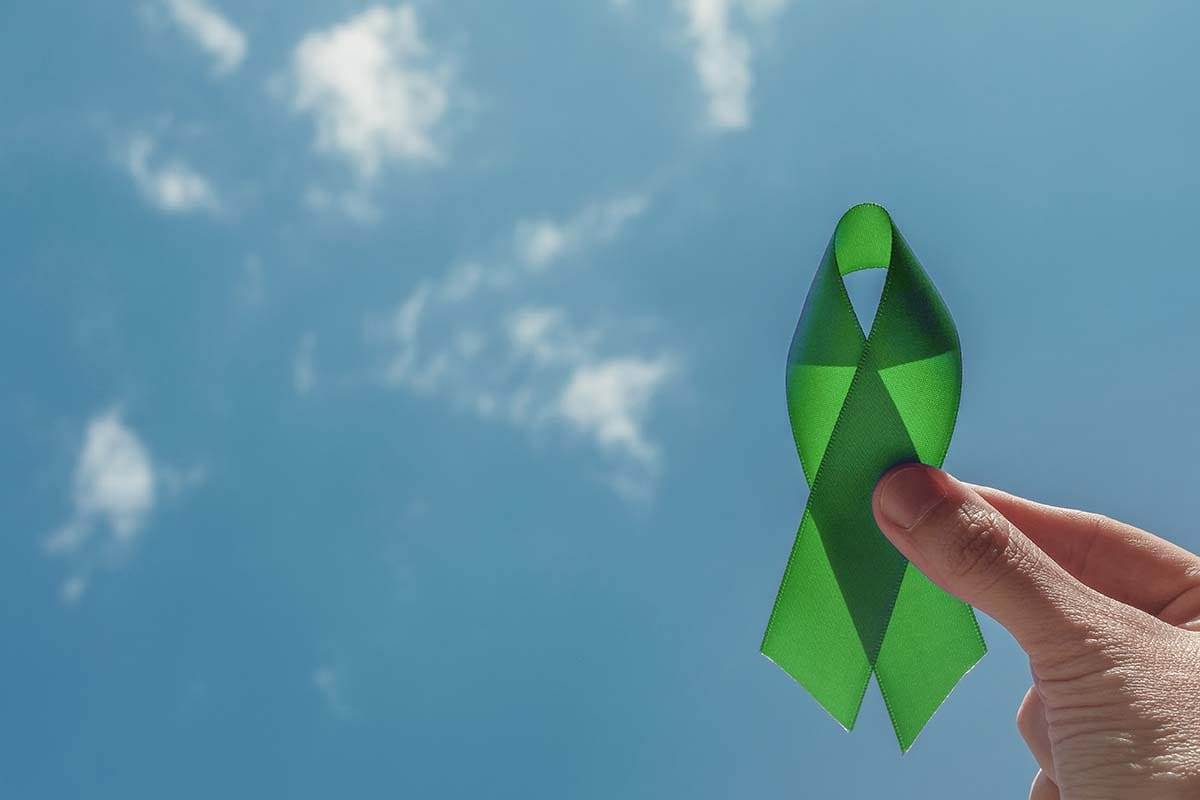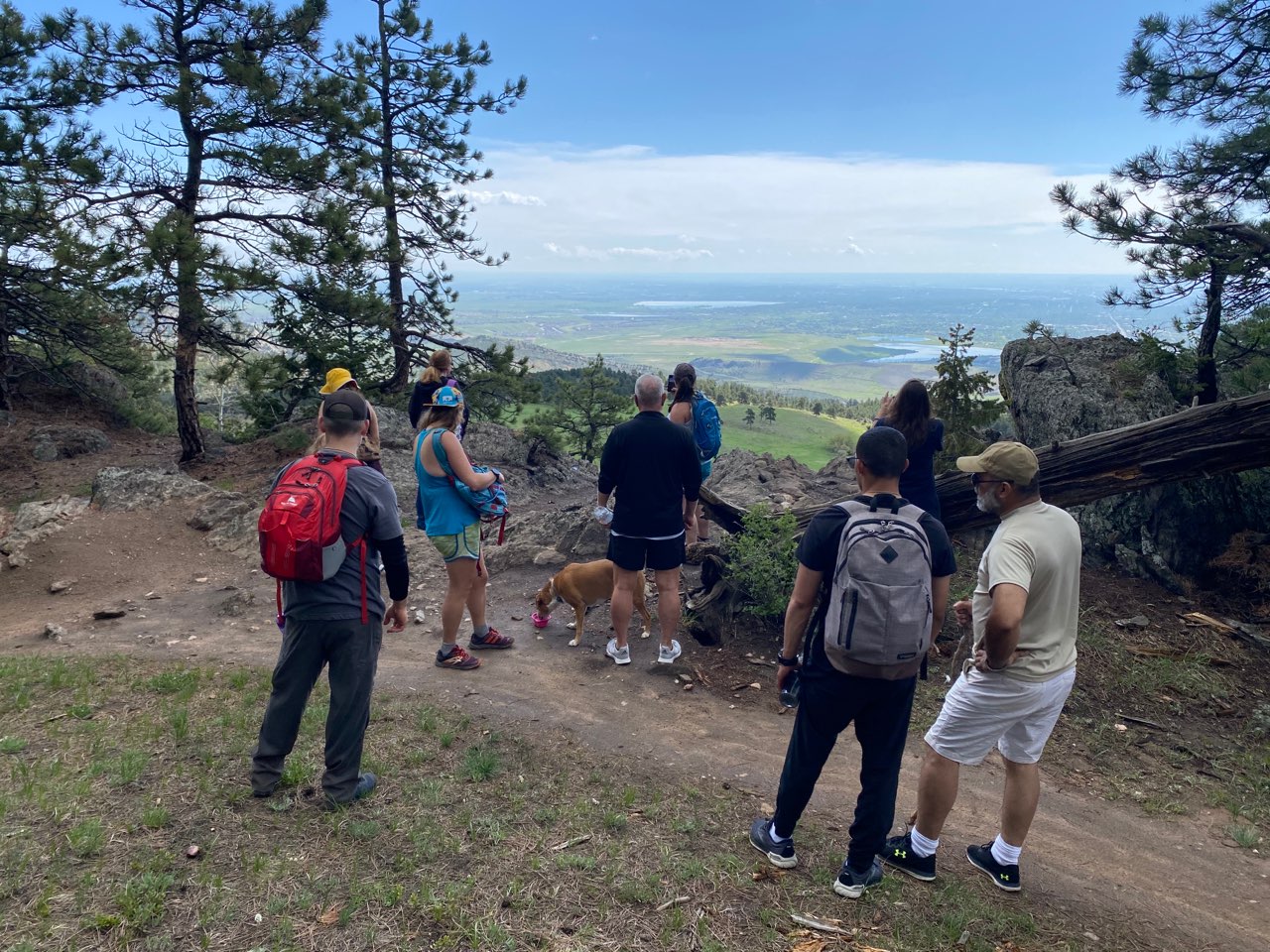If you are struggling with addiction and dealing with a mental disorder at the same time, you have co-occurring disorders. Both conditions can have distinct symptoms, making it almost impossible for you to function each day. A dual diagnosis treatment program can help you address your mental health disorder and your addiction simultaneously so that you can find solutions for both.
Dual diagnosis treatment is a form of treatment given by therapists to explore and treat your condition’s underlying causes. If you can learn to manage anxiety, depression, or PTSD symptoms, you have a greater chance of overcoming your addiction. Looking for “dual diagnosis near me“? Call Colorado Medication Assisted Recovery at 833.448.0127 to speak with a specialist and find out what treatment options are available.
What Is Dual Diagnosis?
Dual diagnosis treatment involves treating both the mental health condition and addiction simultaneously in order to increase the chances of successful recovery. It is important to note that dual diagnosis treatment focuses on the individual and how their conditions interact with each other.
Some of what you can expect in dual diagnosis treatment includes:
- Comprehensive assessments from experts in mental health, addiction, and physical health
- Utilizing evidence-based therapies such as cognitive-behavioral therapy (CBT) and dialectical behavior therapy (DBT)
- Creating individualized treatment plans that focus on your unique needs
- Developing strategies for managing episodes of anxiety, depression, or other mental health issues
- Encouraging better self-care and communication skills
- Addressing any underlying trauma that could be contributing to your addiction
- Providing lifestyle education and relapse prevention strategies
Dual diagnosis treatment helps you learn how best to manage your mental health and addiction, giving you the tools necessary to start living a healthier and more productive life.
5 Signs You Need Dual Diagnosis Treatment
1. Every Time You Drink or Take Drugs, You Get Depressed
There’s a reason why people use drugs or alcohol as coping mechanisms. They produce feelings of pleasure that keep you coming back. However, these substances will turn on you with continued use. You go from being high to feeling low. If you feel depressed or anxious every time you consume alcohol or take drugs, you may have co-occurring disorders. Addiction can often trigger a mental health issue that requires a mental health treatment center, such as anxiety or depression.
2. Every Time You Get Depressed, You Drink or Take Drugs
When diagnosing you for co-occurring disorders, treatment specialists are often not sure which condition came first. You may suffer from clinical depression or an anxiety disorder. Unable to cope with your condition, you turn to drugs or alcohol as a form of self-medication. This reaction eventually turns into a pattern and then an addiction.
3. You Experience Multiple Personal Problems
We’ve designed our mental health individual therapy programs to help you manage all aspects of your life that have been affected by addiction. For instance, you may experience multiple triggers, such as:
- Conflict in relationships
- Financial problems
- Health problems
- Job loss
- Homelessness
Struggling with a behavioral and mental disorder can make it almost impossible for you to function when combined. Regardless of what type of job you have, you will likely lose focus and have difficulty completing tasks. You may exhibit erratic behavior, act inappropriately, or consistently show up late to work. Eventually, your boss will get tired of your behavior and fire you.
You may have reached the point where you have lost everything and hit bottom. An addiction treatment center can help you deal with your losses and rebuild your life regardless of the consequences of your actions.
4. Extreme Mood Swings
Bipolar disorder, a mental health condition characterized by mood swings, is often linked to addiction. If you have bipolar disorder, you may feel extremely happy one day and severely depressed the next. Alcohol or drug use triggers these highs and lows, causing severe mood swings—sometimes on the same day. Your moods can also trigger your addiction. You may use substances when you are feeling really good or in a bad mood or both.
5. Multiple Failed Attempts to End Your Addiction
If you have made promises to end your addiction only to fail time and again, a mental health issue may be what’s causing you to relapse. Depression, anxiety, PTSD, and bipolar disorder can trigger your emotions and cause you to lose control of your actions. The only way to overcome your addiction is through addiction treatment therapies that address all your conditions, not just your addiction.
Dual Diagnosis Treatment at Colorado Medication Assisted Recovery
If you are struggling with a mental health issue and an addiction, you can get help for both of your conditions at Colorado Medication Assisted Recovery. We offer a comprehensive dual diagnosis treatment program to help you get a full recovery. Contact Colorado Medication Assisted Recovery at 833.448.0127 to find out more about our mental health treatment programs. We can help you begin recovery with a strong foundation for lasting wellness.




 For those in recovery from addiction, finding new healthy hobbies should be a priority. Addiction can cause physical and mental health issues that different activities can help participants recover from. Additionally, addiction can be isolating. Those who are
For those in recovery from addiction, finding new healthy hobbies should be a priority. Addiction can cause physical and mental health issues that different activities can help participants recover from. Additionally, addiction can be isolating. Those who are 















